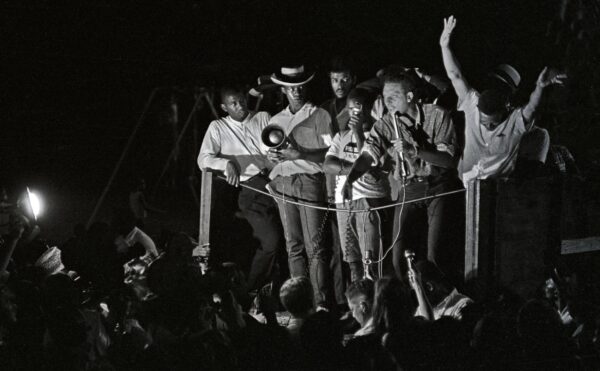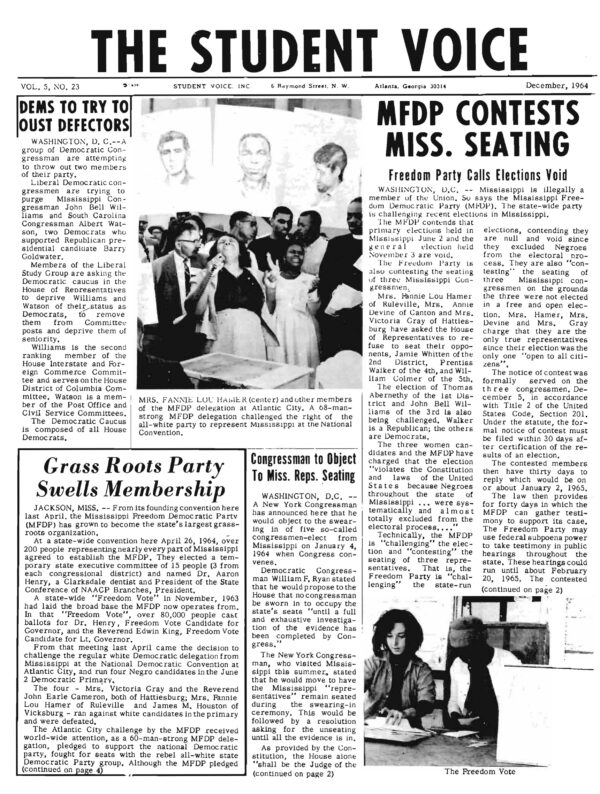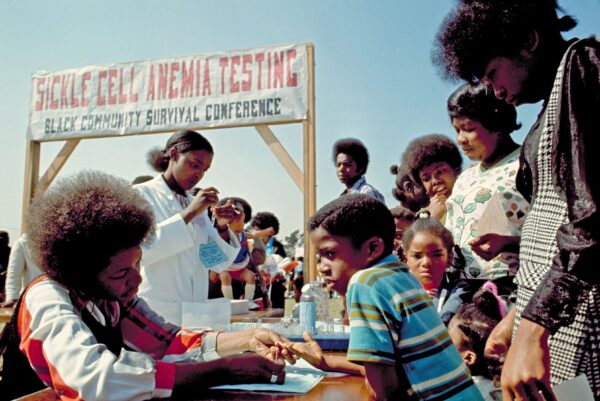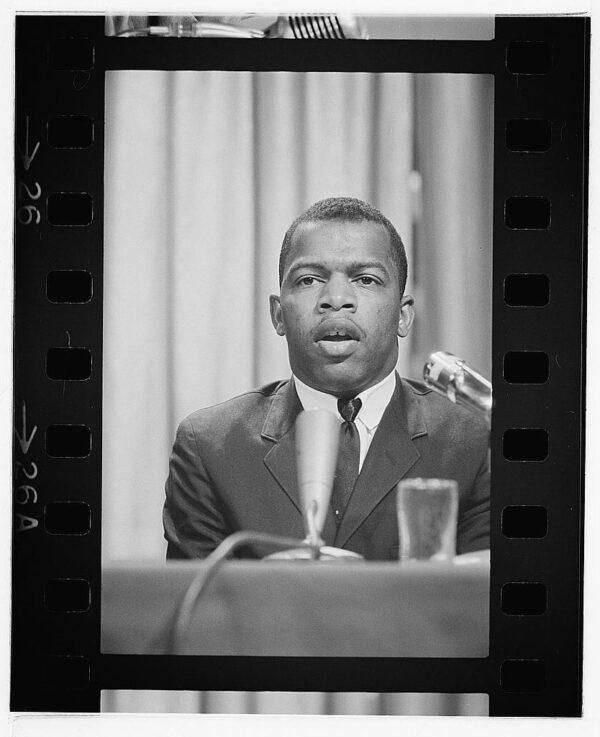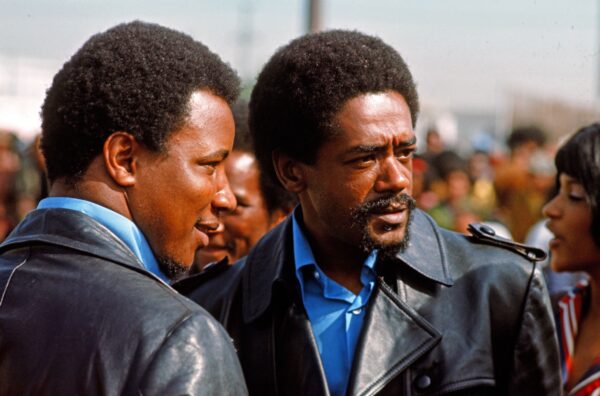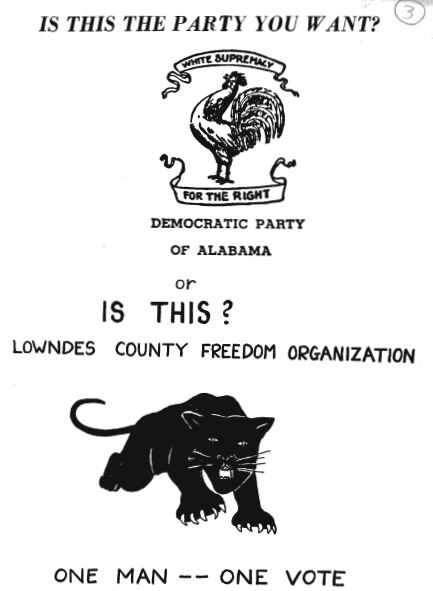Historically, the Mississippi Democratic Party was made up of white segregationists who prevented Black people from voting in elections by preventing voter registration, providing impossible literacy tests, and harassing would-be voters at the polls. To protest the segregationist Mississippi Democratic Party, civil rights leaders including Fannie Lou Hamer, a Mississippi native and resident, Bob Moses, James W. Wright, and Ella Baker founded the Mississippi Freedom Democratic Party in April 1964 in collaboration with SNCC and the Council of Federated Organizations.
The goals of the MFDP were to be an integrated alternative to the traditional Mississippi Democratic Party, to increase the political participation of black Mississippians, and to replace the MDP as the main Democratic representative party on a national platform by winning the Democratic seats available for Mississippi. During Freedom Summer, Black and white volunteers helped sign up thousands of new members to the MFDP, and by August 1964, just months after its founding, the MFDP sent 68 delegates to the Democratic National Convention. At the convention, the MFDP demanded to be seated in place of the Mississippi Democratic Party, pointing out that those delegates had not been legally elected thanks to their violent segregationist tactics. Fannie Lou Hamer made a televised speech that was broadcast nationally advocating for the MFDP, but ultimately, the party was only offered two seats at the delegation. The MFDP chose to walk out and return only to protest the decision. Despite President Johnson’s attempts to suppress the MFDP’s efforts and his political work behind the scenes to ensure the segregationists kept their seats, the Mississippi Democratic Party defected to support the Republican candidate and, with voter suppression still in full swing, President Johnson lost the state.
The MFDP was dissolved in 1968, but its influence in Mississippi and on the national stage increased political participation amongst disenfranchised Black communities and swayed public opinion, leading to one of the biggest legislative overhauls of the Civil Rights movement.
